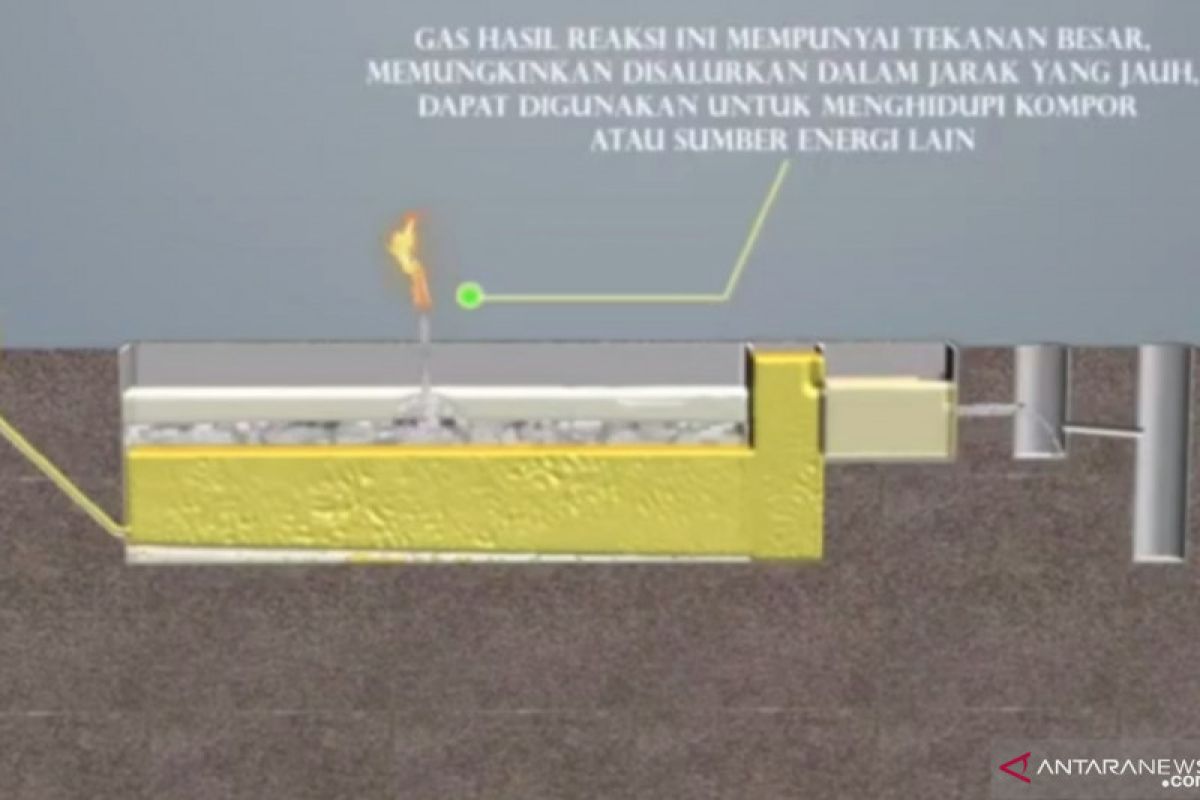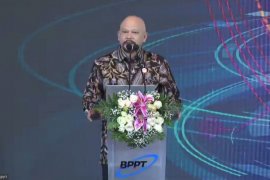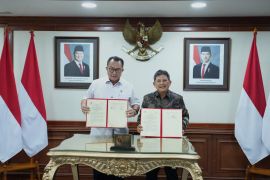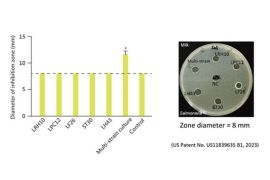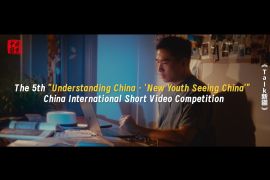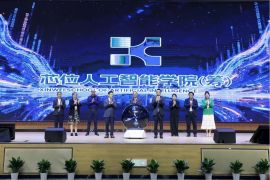"The BPPT is ready to seek innovations in the field of renewable energy with all stakeholders in the innovation ecosystem," the agency’s head, Hammam Riza, noted in a statement here on Saturday.
Riza pointed out that national development constantly involved the electric energy sector to meet the declining availability of fossil fuel sources. Hence, the development and utilization of renewable energy is important for the government in maintaining energy availability.
As one of the Non-Ministerial Government Institutions (LPNK) under the coordination of the Ministry of Research, Technology and Higher Education, the BPPT supports alternative energy development programs in accordance with the National Energy General Plan (RUEN) that serves as the basis for the government for managing energy in the country.
The BPPT has made various technological innovations to develop alternative energy, comprising waste power plants, biogas power plants from palm oil waste, and the production of 30-percent biodiesel fuel, or B30, in order to reduce the imports of diesel oil.
Moreover, the BPPT has conducted various studies and technological applications in the electricity sector, such as the engineering of smartgrid systems for buildings and fast charging stations to support electric vehicles that are integrated with solar power plants as an alternative energy source.
"I am optimistic that the mastery of technology can provide benefits for the development of alternative energy in Indonesia," Riza remarked.
He pointed out that the BPPT is also developing the capacity of the national electricity industry, so that the development of new and renewable energy can increase significantly.
Meanwhile, Indonesia remains committed to achieving a clean energy mix of 23 percent by 2025. Currently, the share of new and renewable energy utilization in the national energy mix has only reached 11.2 percent.
Based on data from the Ministry of Energy and Mineral Resources in 2020, the new and renewable energy generation capacity in Indonesia still reaches 10,467 megawatts (MW), comprising 3.6 MW of hybrid power, 154.3 MW of wind power, 153.8 MW of solar power, 1,903.5 MW of bio power, 2,130.7 MW of geothermal power, and 6,121 MW of hydropower.
The government has set a target of five-percent growth in the new and renewable energy generation capacity or nearly 978 MW for 2021.
One of the strategies adopted in the energy transition process is replacing energy sources having high emissions with lower-emission energy sources, for instance, by optimizing natural gas and solar utilization rather than coal. Related news: Kulonprogo promoting bio-gas as alternative energy source
Related news: DPR wants renewable energy bill completed in 2021
EDITED BY INE
Translator: Sugiharto Purnama, Katriana
Editor: Suharto
Copyright © ANTARA 2021
